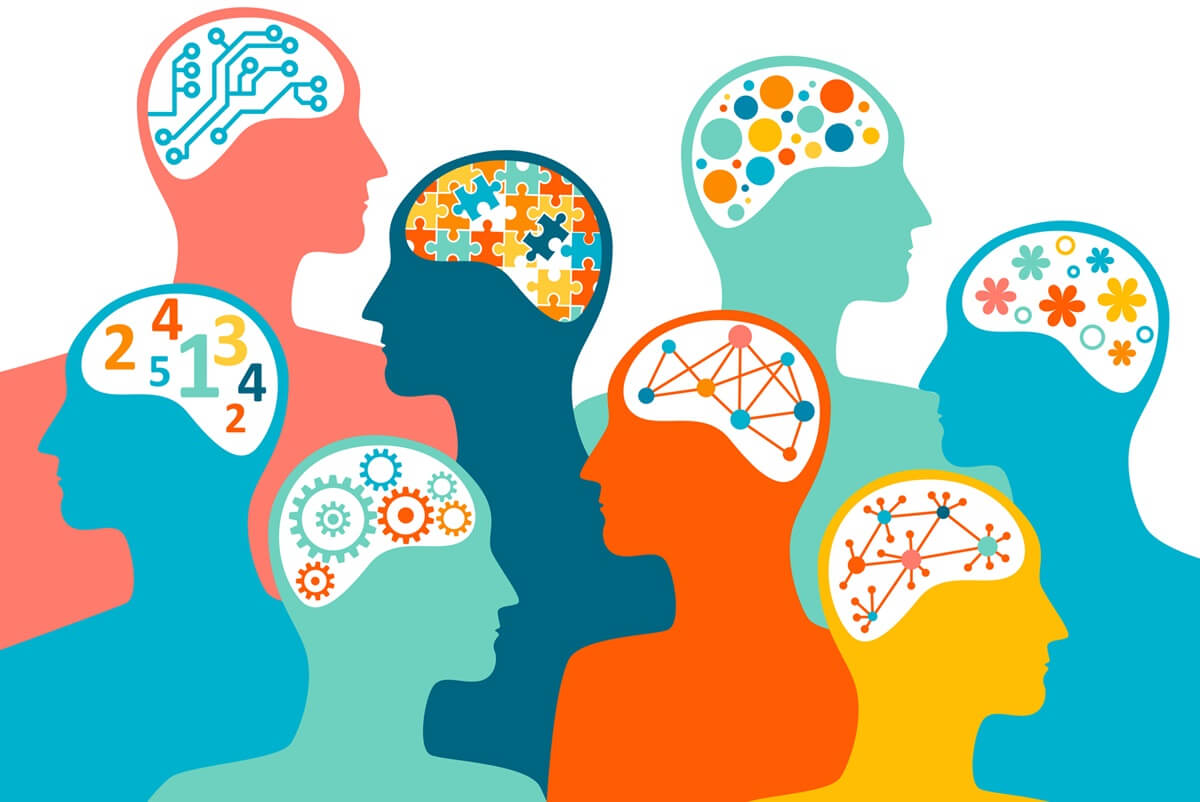Prompt: Spend 10 or so minutes journaling on what you do to add ‘play’ into your day. What does this look like for you? Is it alone in nature, in the kitchen with family, in a recreational area with friends? Experts say, “A lack of play should be treated like malnutrition: it’s a health risk to your body and mind.”
If you are stumped, try playing with movement in your body. Take a few deep breaths, roll your shoulders up and down, side to side. Shake your hands, feet, arms, legs, and gently roll your neck. Maybe to music! See if playing with movement in your body increases your mood for the better. Jot it down so you can easily recall what does and does not help.
Generally, when we’re under stress, we do exactly the wrong things. We worry, drown our sorrows, lash out at people and stop looking after ourselves properly. And even though this doesn’t make any logical sense, that doesn’t stop it being a fairly predictable quirk of human nature.
In difficult times, a great use of your energy and attention is play and playfulness. Play can be a distraction and help to unwind tension, it’s often physical, which is a benefit in itself and a light-hearted approach helps you to see different perspectives.
Stress Relief
“Those who play rarely become brittle in the face of stress or lose the healing capacity for humor.” Stuart Brown, MD
Play is a great antidote to stress and pressure. It signals to your brain that everything is ok, that your survival is not under threat and that your central nervous system can safely switch into the parasympathetic, “rest or digest” mode. Furthermore, the novelty and unpredictability of play is so absorbing and engaging that the, often unhelpful, voice in your head takes a temporary leave of absence. When you’re in the moment, you lose track of time and everything else seems to fade into the background.
When we’re deprived of play over the long-term, our mood darkens and we fall vulnerable to negativity and pessimism. We become restless, fatigued, irritable, tense and have difficulty concentrating.
Learning and Development
“We don’t stop playing because we grow old; we grow old because we stop playing.”
George Bernard Shaw
Play facilitates learning in three key ways.
Firstly, your brain learns faster and more effectively when you’re doing something you enjoy. If you’re under stress, your brain operates in survival mode, denying you access to higher level thinking and the capacity to learn. When you’re relaxed, your brain switches from defensive and vigilant to a state more conducive to development and growth.
Secondly, when something feels like work rather than play, it’s harder to stay focused. We fatigue sooner and struggle to find our groove. Just being in an overly serious mindset creates stress and tension.
And thirdly, play commands our full attention, which is a requirement for neuroplasticity (brain development). And since learning is rewarding in its own right, this fuels a positive cycle.
We share this article with permission. This article originally appeared on Yoga 15’s blog .











